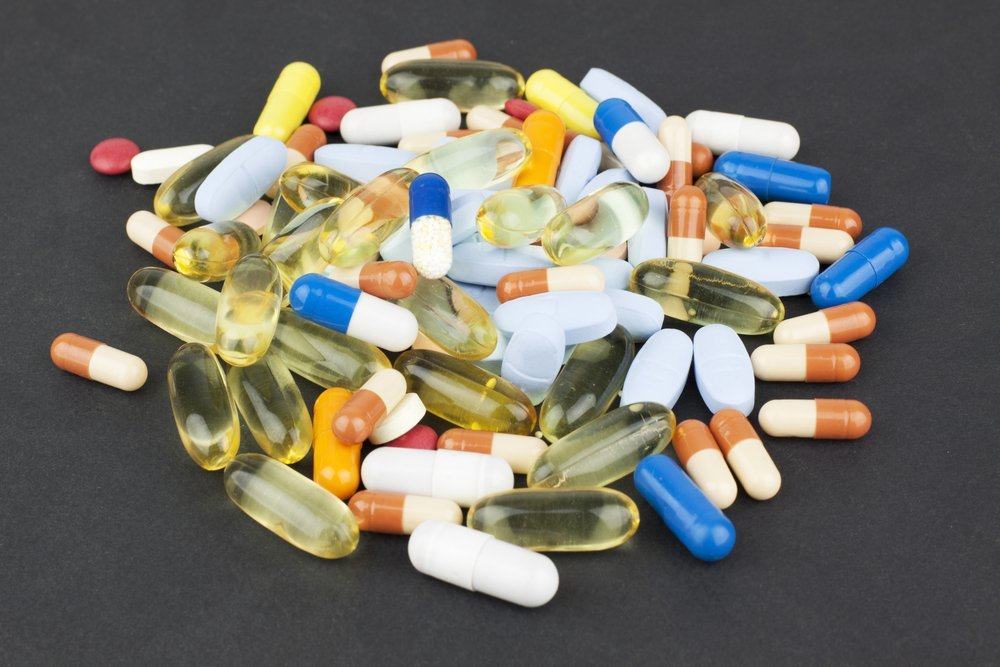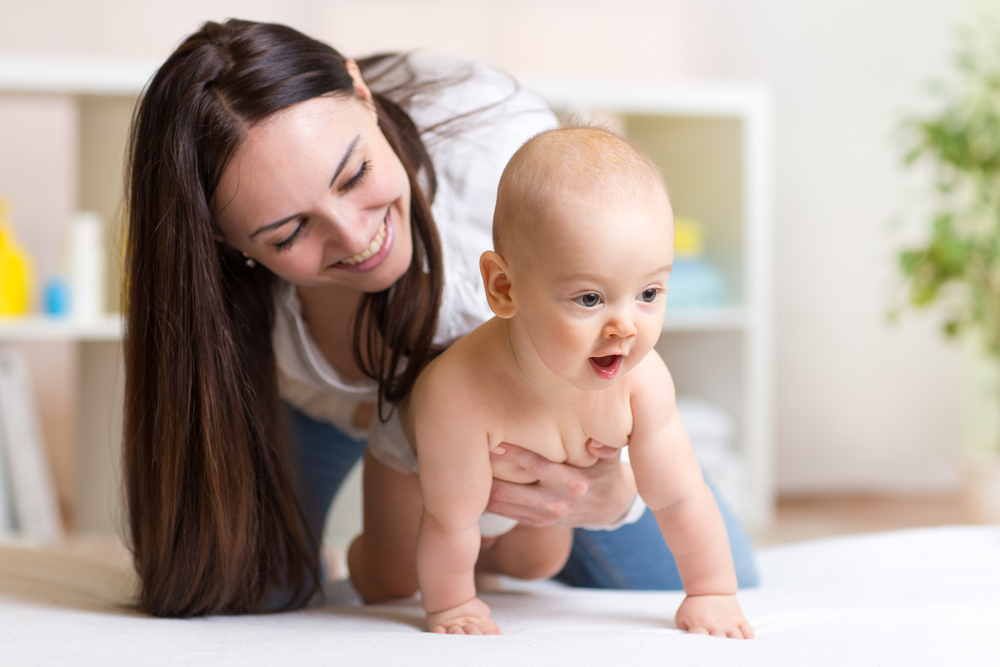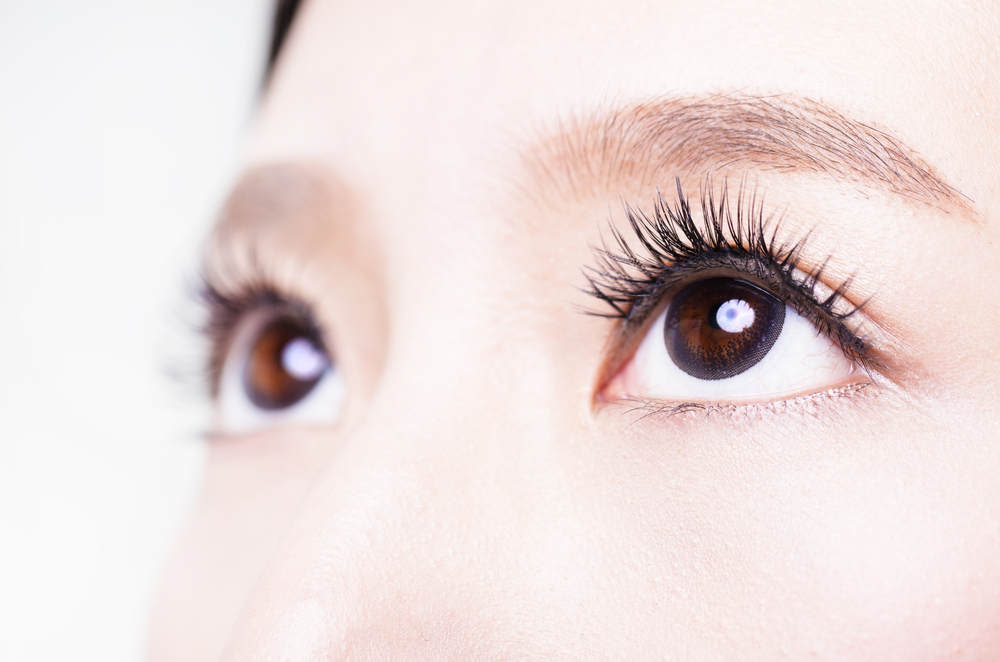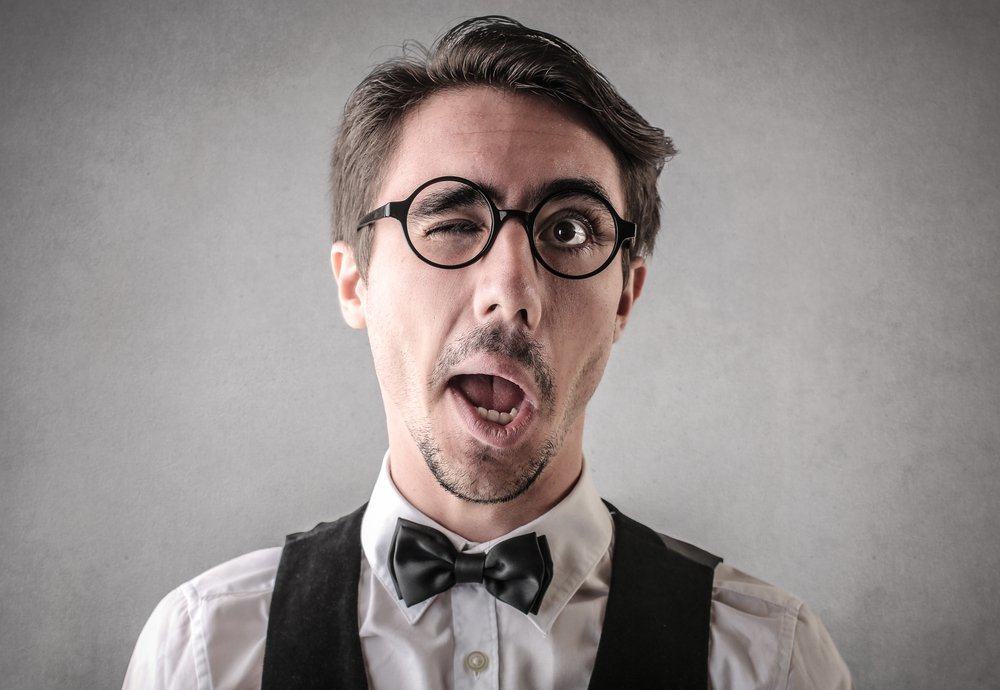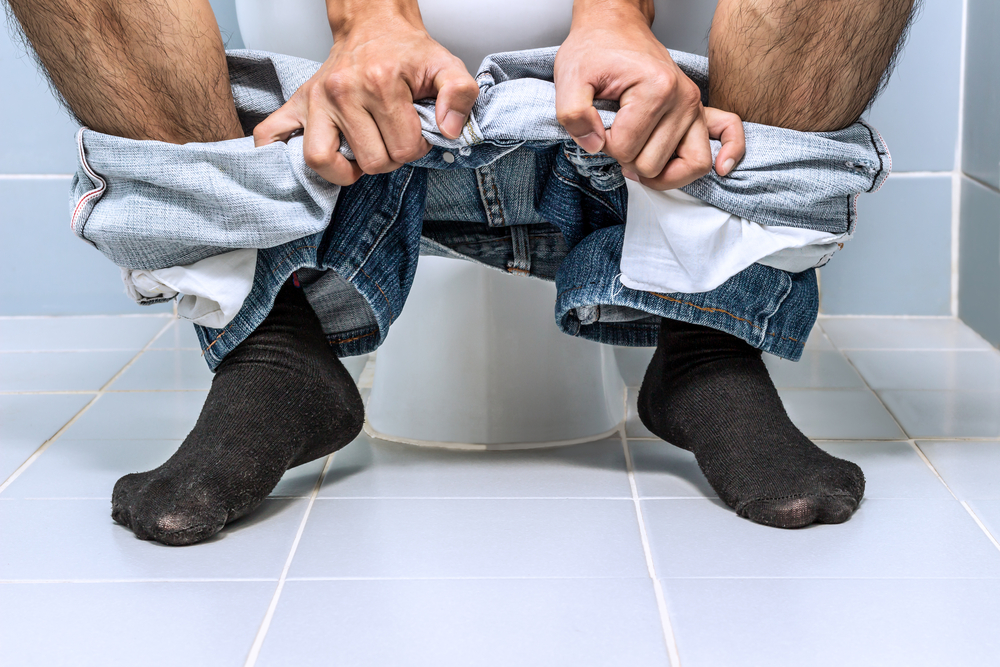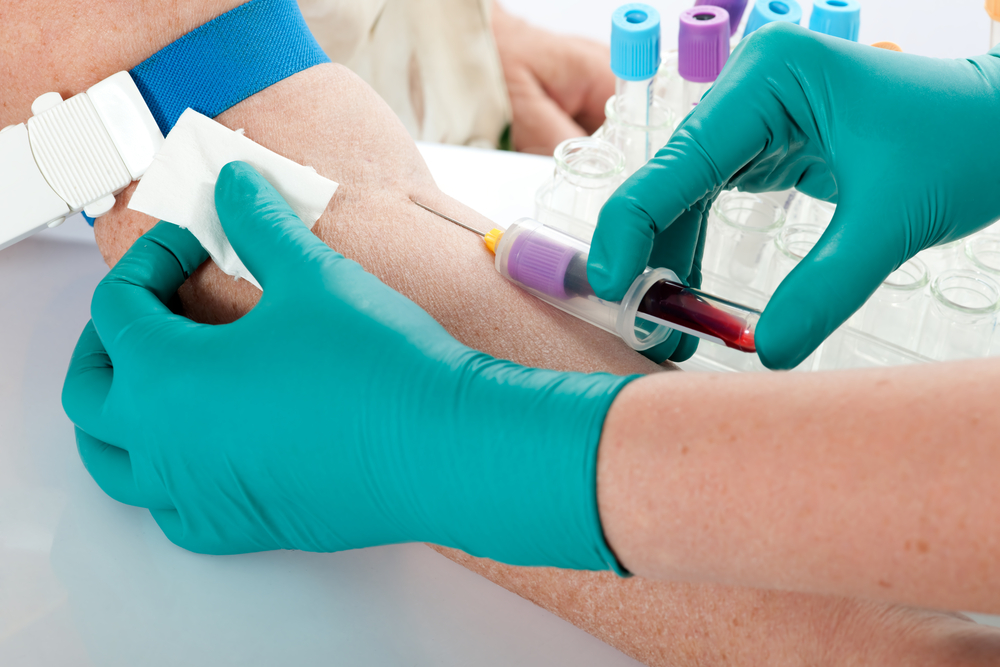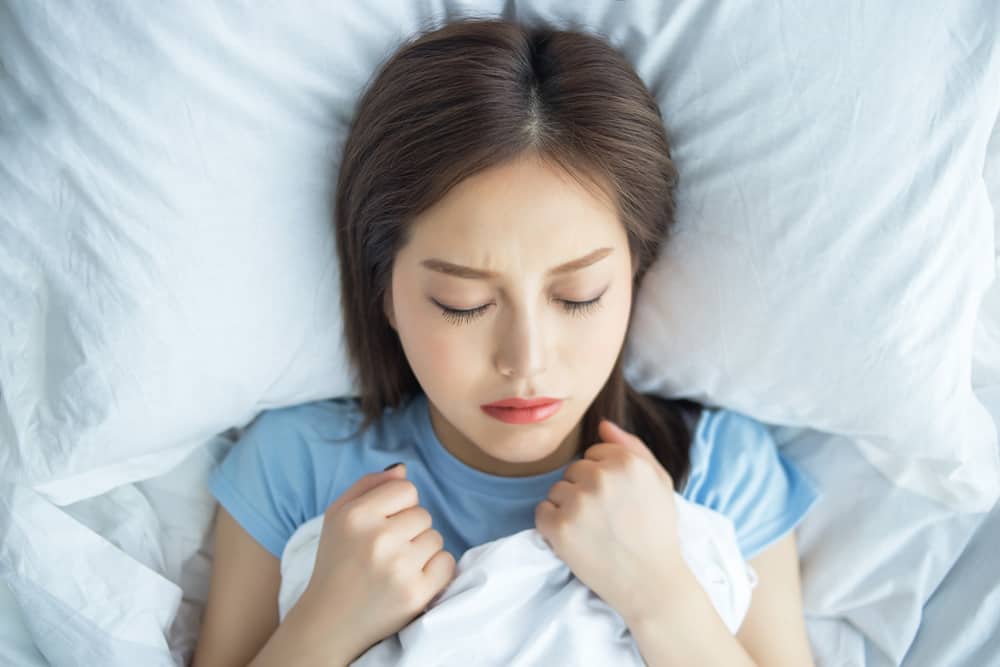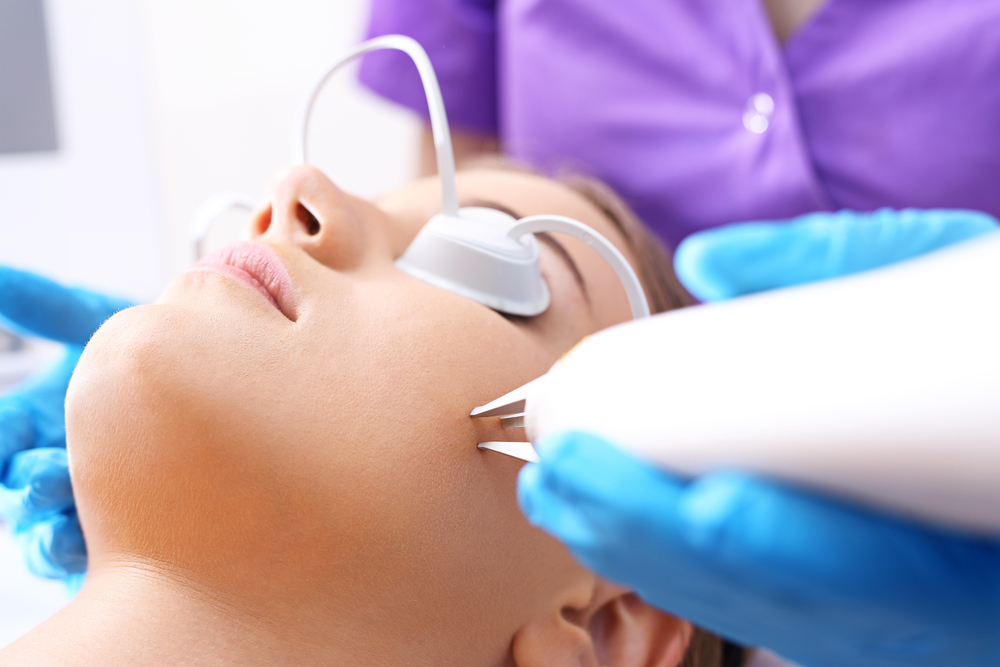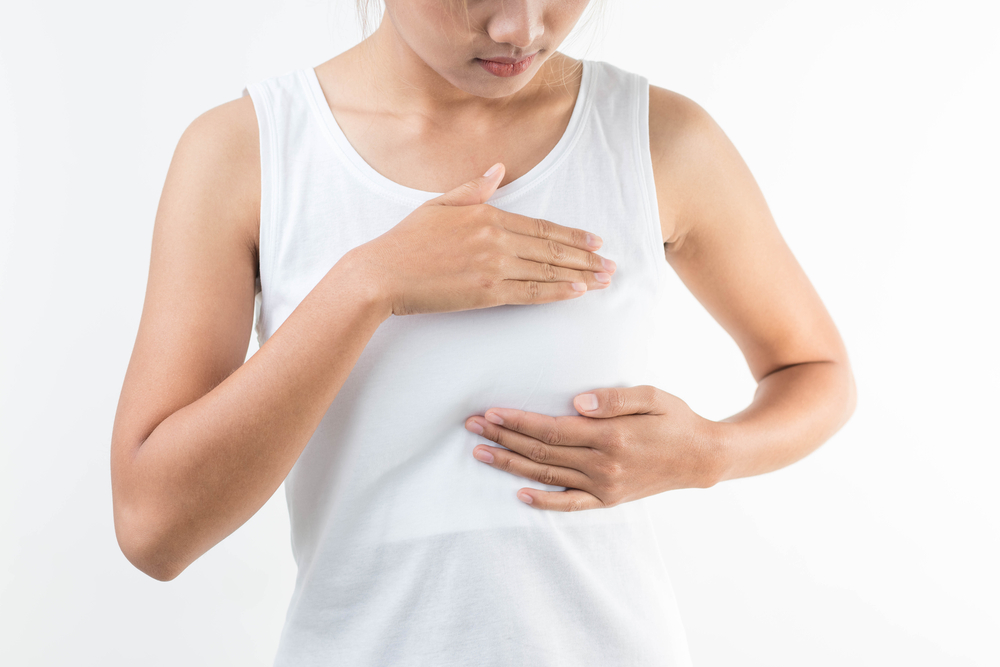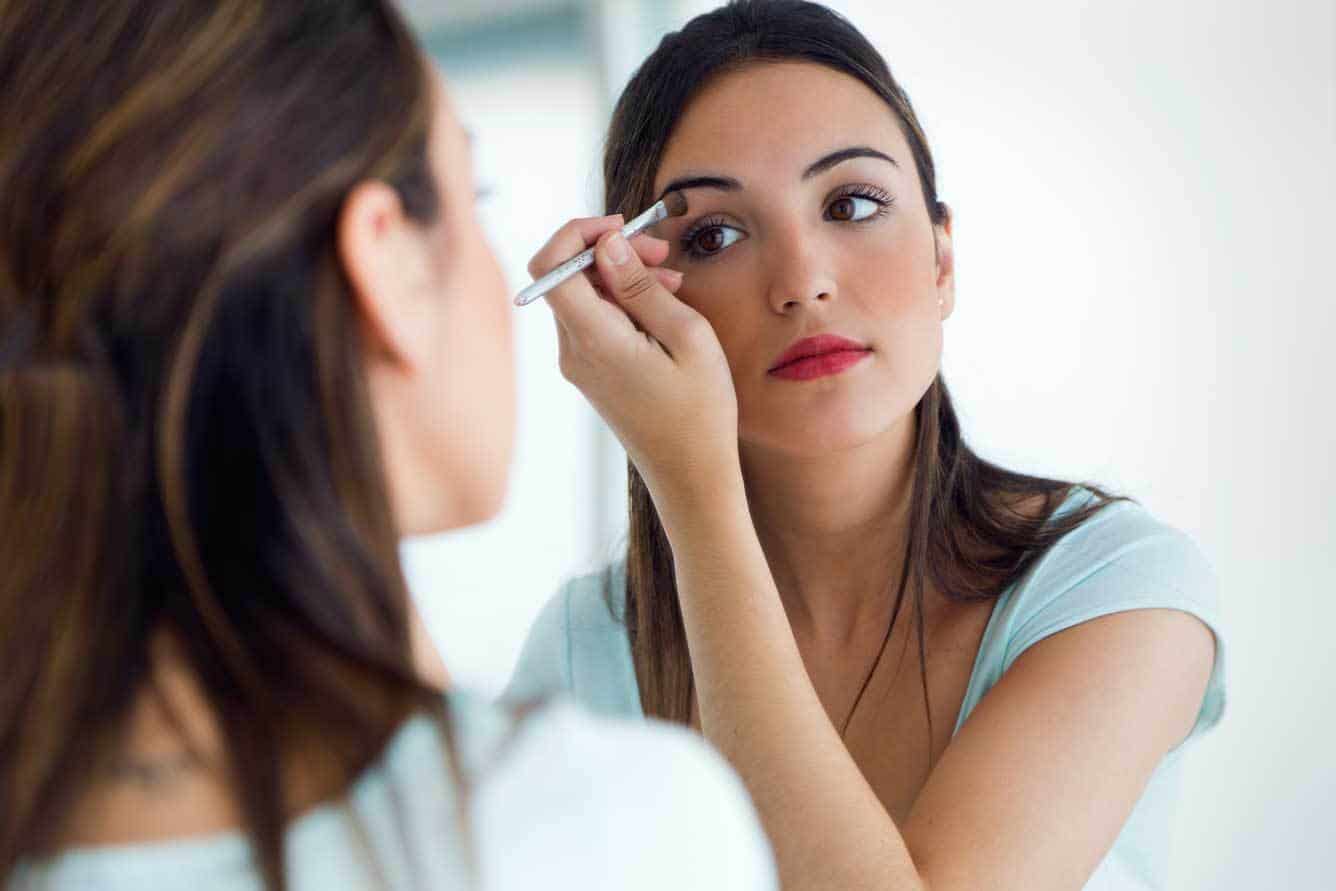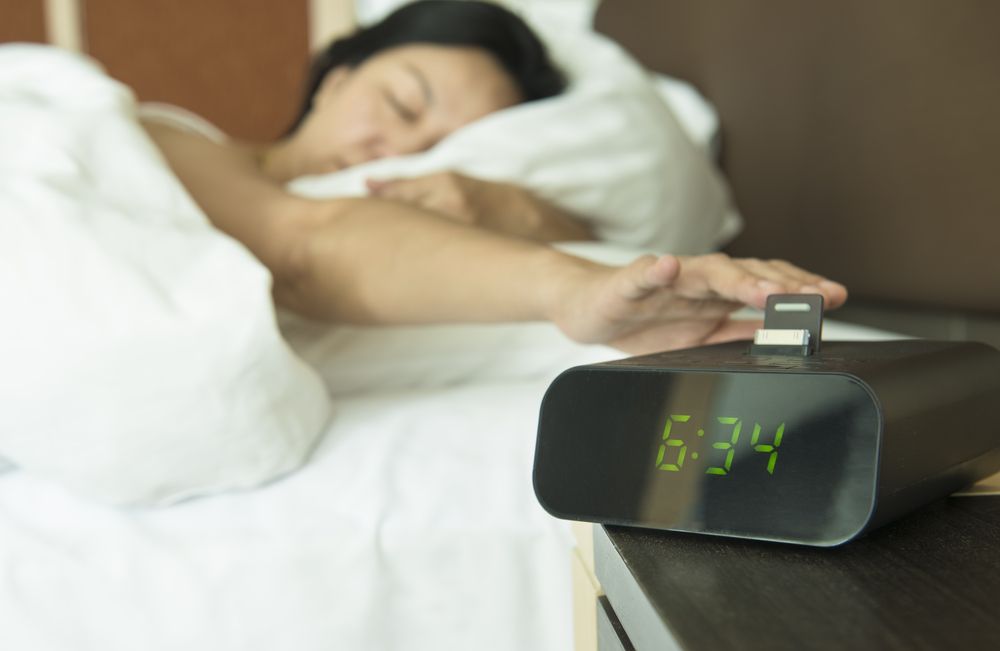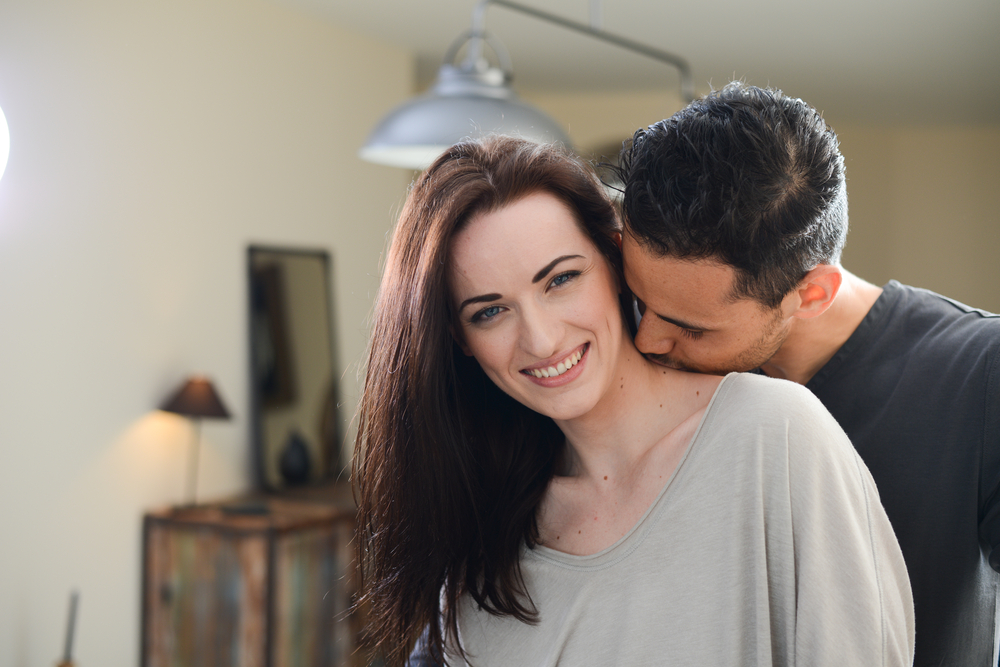Contents:
- Medical Video: Antibiotics - What You Need To Know
- When do we need to take antibiotics?
- Antibiotic side effects
- Types of antibiotics
- Things you should not do when taking antibiotics
Medical Video: Antibiotics - What You Need To Know
Have you ever been advised to eat or take antibiotics when you are sick? Some people think antibiotics are a cure for all diseases, while others prefer to stop treatment when their body feels better. What is the right and correct use of antibiotics? Here are some things you need to know about antibiotics.
When do we need to take antibiotics?
- When the infection is only able to be cured by giving antibiotics
- When the infection is able to spread to other people if it is not immediately treated
- When using antibiotics can speed up the healing period of infections, such as kidney infections
- When infection has a more serious complication if it is not immediately treated like pneumonia
Antibiotic side effects
Antibiotics may be able to fight bacterial infections, but actually not without side effects. Some of the risks that you might get after eating antibiotics include:
- Some side effects such as diarrhea, nausea and vomiting
- Potential to develop other infections
- Some specific antibiotics have allergies for some people
Types of antibiotics
- Oral antibiotics. Most antibiotics come from this type. They are in the form of tablets, capsules or liquids. Oral antibiotics are usually formed to fight infections that have a mild to moderate impact on the body.
- Topical antibiotics. Usually this type of antibiotic is in the form of cream, lotion or spray.
- Antibiotic injection. Injection type antibiotics are usually designed to fight infections that have a more serious effect on the body than other types of antibiotics.
Things you should not do when taking antibiotics
When you are on medication that requires you to take antibiotics, there are things you can and should not do. This is because according to Larissa May, an emergency medical expert, taking antibiotics might be able to kill some bacteria but then leave some other resistant bacteria, which then grow and develop in your body. Here are some things you should not do when using antibiotics:
- Do not use medicine. Don't stop taking medication when you feel it's better. This might kill bacteria, but only a few. Resistant bacteria will return with stronger resistance, even later when the same disease relapse.
- Change doctor's dosage. Don't reduce the dosage that has been prescribed by a doctor. Antibiotics are also not recommended to be taken at once when you forget to take medication. This will actually increase the potential for antibiotics to become resistant, or other side effects such as abdominal pain and diarrhea.
- Share antibiotics with other people. This will actually delay healing and trigger bacterial immunity. Someone's antibiotic needs also vary, so your antibiotic dose is not necessarily the same as someone else's.
- Use antibiotics to prevent infection. Antibiotics cannot prevent infection. So don't think of using an antibiotic to avoid an infection.
- Using antibiotics to treat diseases caused by viruses. Antibiotics can only fight bacteria, not viruses.
- Leaving antibiotics for later illness.Because antibiotics have to be taken until they are finished or according to the dosage prescribed by the doctor, leaving antibiotics means that you do not meet all the required doses. After all, if you get sick again later, you will still need a prescription and a new dose, you can't just continue the medication.
So how? Have you been using antibiotics correctly?
READ ALSO:
- Viral infections and bacterial infections, how to distinguish them?
- Drug Resistance in Breast Cancer Treatment
- Why should you take antibiotics until it's finished?

